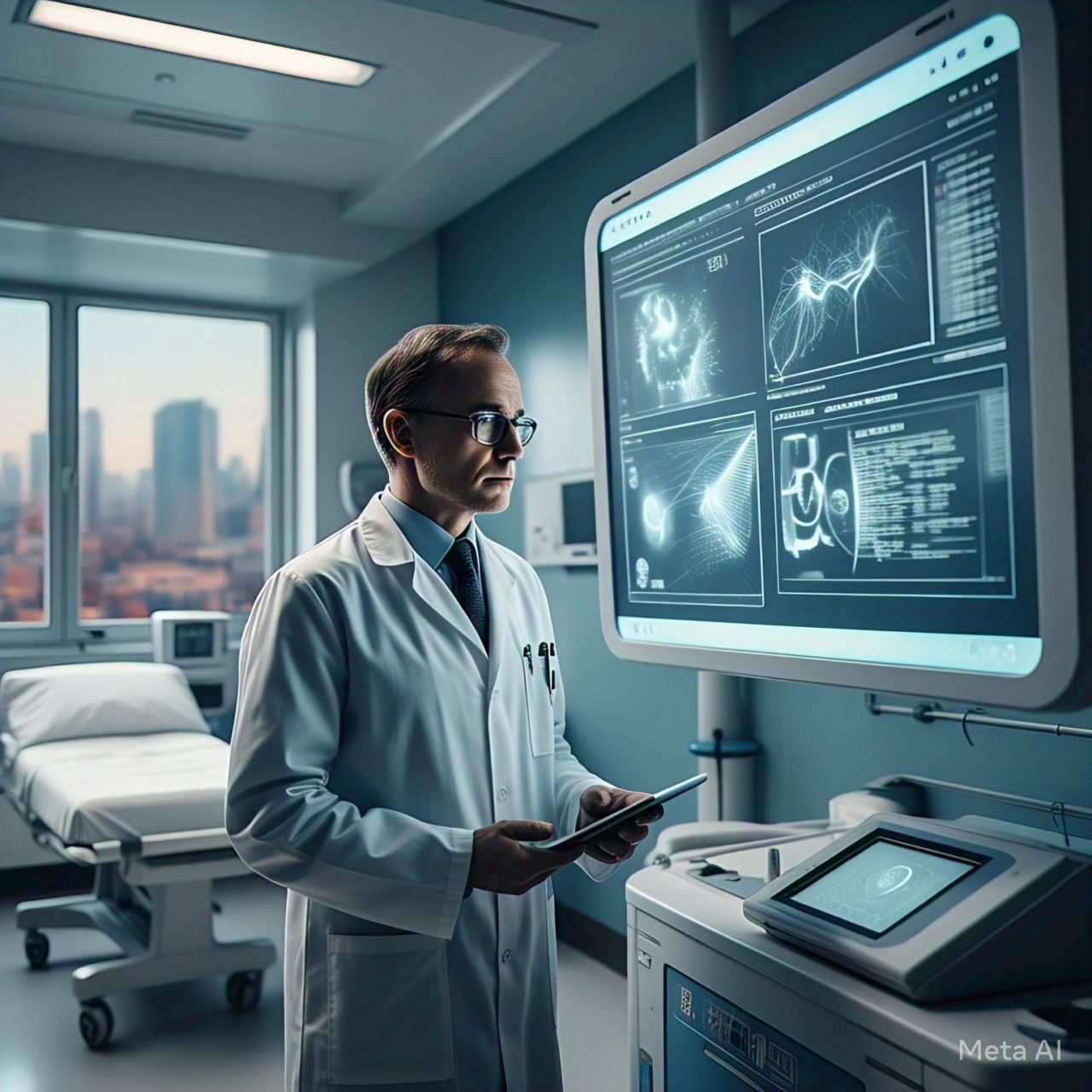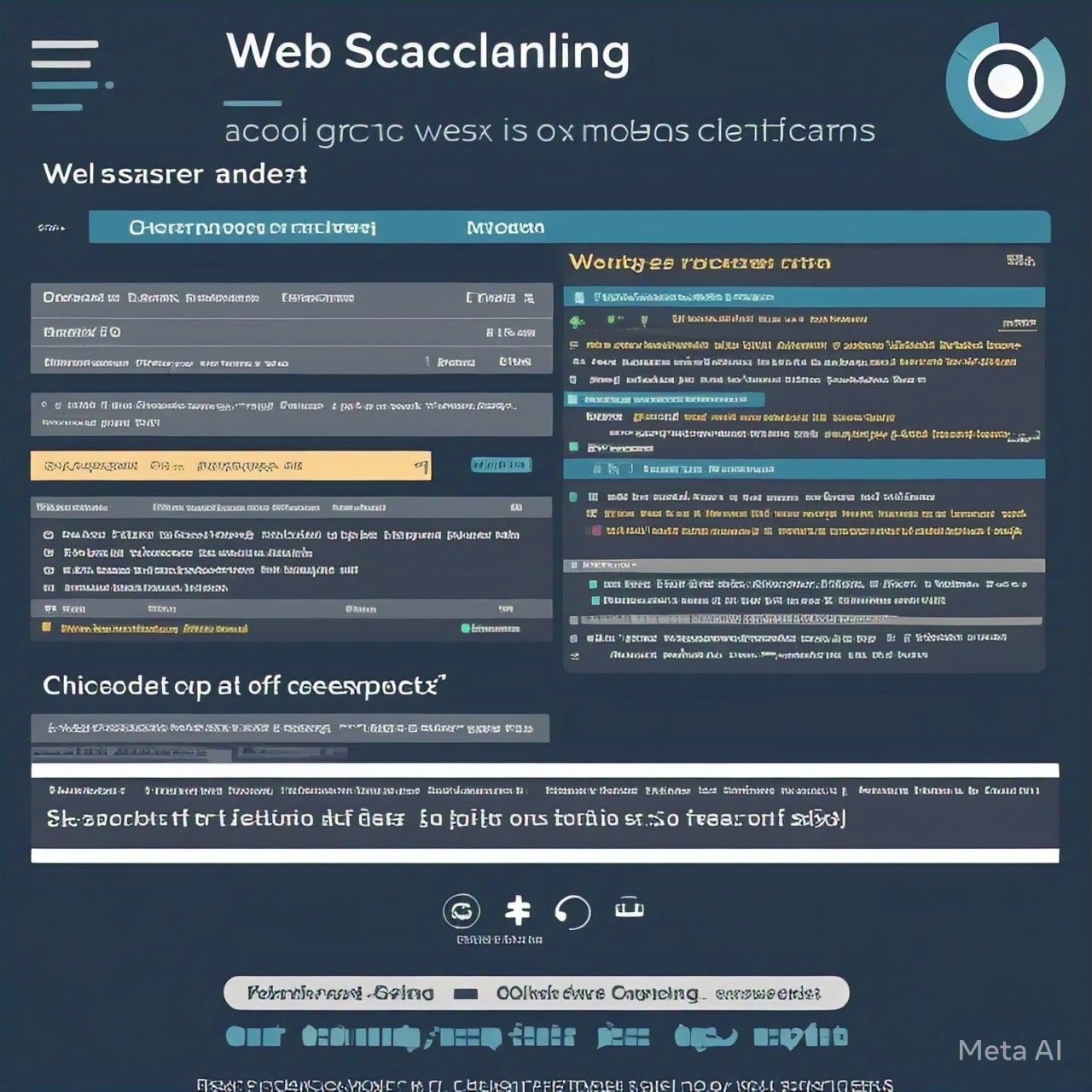Table of Contents
- Introduction
- The Role of AI in Healthcare
- AI in Medical Imaging and Diagnostics
- AI-Powered Treatment Plans
- Virtual Health Assistants and Telemedicine
- Drug Discovery and Development
- AI in Personalized Medicine
- Ethical and Regulatory Considerations
- Future of AI in Healthcare
- Conclusion
- FAQs
Introduction
Artificial Intelligence (AI) is transforming the healthcare industry, enhancing efficiency, accuracy, and accessibility. From diagnosing diseases to formulating treatment plans, AI-driven solutions are revolutionizing patient care. With machine learning algorithms analyzing vast datasets faster than humans, medical professionals can make more informed decisions, ultimately saving lives and reducing healthcare costs.
The Role of AI in Healthcare
AI in healthcare operates through machine learning, deep learning, and natural language processing (NLP) to analyze medical data. AI-powered tools assist in predictive analytics, risk assessment, and clinical decision-making, improving the overall healthcare landscape. Some key areas where AI is making a difference include:
- Early disease detection
- Automated medical imaging analysis
- AI-driven robotic surgeries
- Enhanced drug development processes
AI in Medical Imaging and Diagnostics
Medical imaging is one of the most significant fields benefiting from AI. AI-powered tools help detect conditions such as cancer, cardiovascular diseases, and neurological disorders with remarkable accuracy.
| AI Application | Impact |
|---|---|
| Radiology AI | Identifies abnormalities in X-rays, MRIs, and CT scans with high precision |
| Pathology AI | Detects cancerous cells in tissue samples faster than human pathologists |
| Ophthalmology AI | Diagnoses diabetic retinopathy and other eye diseases with over 90% accuracy |
For example, Google’s DeepMind has developed AI models that can analyze retinal scans to detect eye diseases at an early stage, significantly improving treatment outcomes (DeepMind, 2021).
AI-Powered Treatment Plans
AI-driven tools assist doctors in crafting personalized treatment plans based on a patient’s medical history, genetic data, and lifestyle. Some AI-driven platforms, like IBM Watson Health, provide real-time recommendations for cancer treatments by analyzing vast datasets of medical literature and patient cases.
Benefits of AI in Treatment Planning
- Reduces human error in treatment decisions
- Identifies the most effective therapies for individual patients
- Enhances treatment speed and efficiency
Virtual Health Assistants and Telemedicine
AI chatbots and virtual assistants are improving patient engagement and access to healthcare. These tools provide:
- 24/7 medical assistance
- Symptom analysis and triage
- Medication reminders
- Appointment scheduling
Telemedicine platforms powered by AI have been crucial during the COVID-19 pandemic, allowing remote patient consultations and monitoring.
Drug Discovery and Development
AI accelerates the drug discovery process, reducing the time and cost of bringing new medicines to market. By analyzing biological data, AI predicts how different compounds will interact, helping pharmaceutical companies develop new drugs faster.
For example, BenevolentAI has used AI to identify potential drugs for treating COVID-19, significantly speeding up research and development (BenevolentAI, 2022).
AI in Personalized Medicine
Personalized medicine tailors treatments to an individual’s genetic makeup, ensuring more effective therapies with fewer side effects. AI algorithms analyze genetic data to predict how patients will respond to different treatments, making precision medicine a reality.
Key AI Applications in Personalized Medicine:
- Genomic analysis for disease prediction
- AI-driven recommendations for cancer therapies
- Machine learning models for predicting drug responses
Ethical and Regulatory Considerations
While AI offers numerous benefits, ethical concerns and regulatory challenges remain. Key issues include:
- Data Privacy: Ensuring patient data confidentiality is crucial.
- Bias in AI Models: AI can inherit biases from training data, leading to disparities in diagnosis and treatment.
- Regulatory Hurdles: AI-based medical devices require rigorous testing and approval from health authorities like the FDA.
Efforts like the EU’s AI Act and the FDA’s AI framework aim to regulate AI applications in healthcare to ensure safety and fairness.
Future of AI in Healthcare
The future of AI in healthcare looks promising, with advancements expected in:
- AI-driven robotic surgeries
- Predictive analytics for disease prevention
- AI-powered mental health diagnostics
- Integration of AI with wearable technology for real-time health monitoring
With continuous improvements, AI will further enhance healthcare accessibility, accuracy, and affordability.
Conclusion
AI is revolutionizing healthcare by improving diagnosis, treatment, drug discovery, and patient engagement. While challenges exist, advancements in AI technology, ethical frameworks, and regulatory policies will ensure a future where AI-driven healthcare enhances human well-being.
FAQs
1. How accurate is AI in medical diagnosis?
AI has demonstrated diagnostic accuracy exceeding 90% in some fields, such as radiology and ophthalmology, often outperforming human doctors.
2. Can AI replace doctors in the future?
AI is a tool to assist, not replace, healthcare professionals. It enhances decision-making and efficiency but lacks human judgment and empathy.
3. What are the risks of using AI in healthcare?
Risks include data privacy concerns, potential biases in AI models, and the need for proper regulation to ensure safety and fairness.
4. How does AI help in drug discovery?
AI analyzes large datasets to identify potential drug compounds, speeding up the research and reducing costs in pharmaceutical development.
5. Will AI make healthcare more affordable?
Yes, AI can reduce operational costs, optimize resources, and enhance efficiency, potentially lowering healthcare costs for patients.
References:
- DeepMind. (2021). “AI in Retinal Disease Detection.” Retrieved from DeepMind.
- BenevolentAI. (2022). “AI for Drug Discovery.” Retrieved from BenevolentAI.
- FDA. (2023). “AI in Medical Devices.” Retrieved from FDA.





